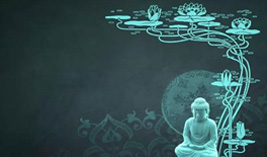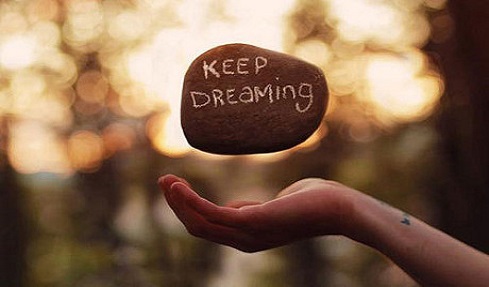From the perspective of ordinary reality, desire is the driving force of development. From the Buddhist perspective, “I want to study Buddhism”, “I want to become a Buddha”, “I want to practice Dharma”, and “I want to meditate” are also kinds of desire. Nevertheless, while these desires are also a kind of driving force, they will not bring us suffering. Certain other kinds of desire, though, will just cause us more suffering.
How does desire cause stress and suffering? First of all, desire itself can be unlimited, but the satisfaction and excitement brought about by material gain is limited. Both science and Buddhism offer proof of this, and it can also be verified in our life experience.
~ Luminous Wisdom Book Series 8












